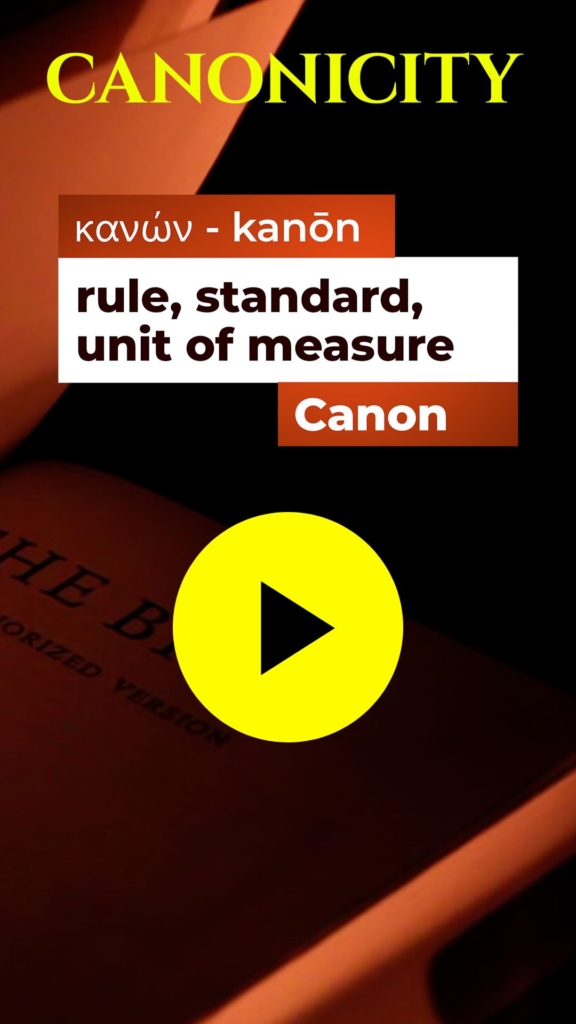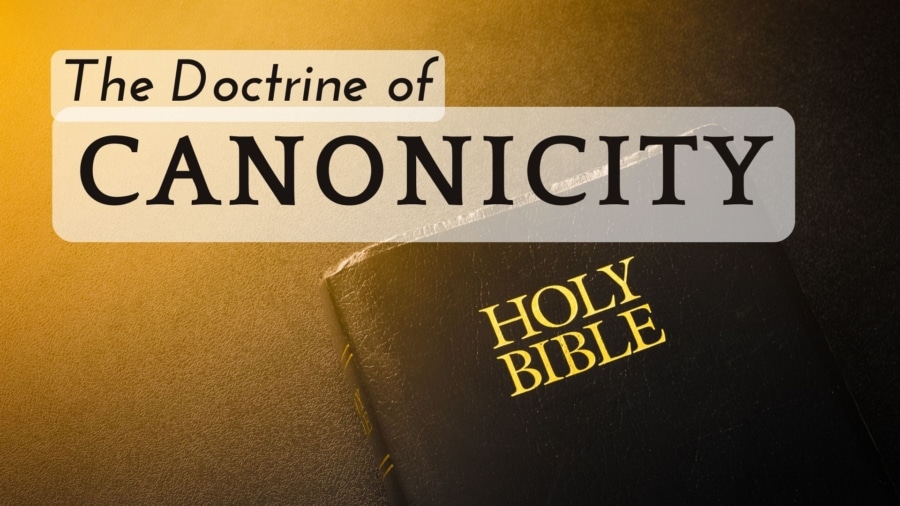- The Paradox of History
- The Essence of God
- Raw Material
- Available People
- Humility
- Spiritual Gifts
- Meekness
- Baptisms
- Three Functions of the Believer
- Ambassadorship
- Seven Figures of Christ and the Church
- The Mature Believer and Personal Accountability
- Tongues as a Spiritual Gift
- Prophecies of Jesus Christ in the Psalms
- The Perspective of Grace
- Discipleship
- Blessing and Reward
- How to Redeem Time
- Dispensations Timeline
- The Rapture
- The Day of the Lord and The Day of Christ
- The Good Fight of Faith
- Suffering
- Decisions
- No Truce
- Peace
- 10 Principles of Warfare
- God is Able, God Is Faithful
- Present Session of Christ
- Religion: The Enemy’s Ace
- Power In Us
- Faith
- Small Things
- Five Techniques (to spirituality)
- Eight Sabbaths
- Faith-rest
- Strange Tests
- Daily Disciplines
- The Faith-rest Technique
- Three Sources of Temptation
- Divine Wisdom
- The Value of Wisdom
- Evil
- The Royal Code
- The Character of Grace
- The Cross to the Crown
- Water and the Spirit
- Spirituality
- Synonomous Terms
- Reversionism and Recovery
- Soul Strengths and Soul Kinks
- Discipline
- Seven Steps of Spiritual Advance
- The Race of Life
- The Will of God
- The Old Sin Nature
- Energized Prayer
- Abiding: Absolute Thinking
- God’s Faithfulness
- Salvation in The Book of James
- “All things work together …”
- Biblical Spirituality
- Dispensations
- Death
- Endurance
- God is 10 things
- Eternal Security
- Fellowship with God
- Five Commands for Christian Soldiers
- Five Factors of Effective Faith
- Five Techniques of the Christian Way of Life
- Five works of the Holy Spirit
- Five Works of the Spirit in Regard to the Word
- Free Will
- Freedom
- God is Able
- God Revealed
- Greek
- Hebrew Words for Faith
- Hermeneutics
- Imitation of Christ
- Man’s Barrier with God
- Parakaleo
- Seven Steps of Spiritual Recovery
- Seven Steps of Spiritual Retreat
- Spiritual Flexibility
- Spiritual Rest
- Stages of Spiritual Growth
- Take up Your Cross and Follow Him
- The Blood of Christ
- The Call of God
- The Daily Care of the Soul
- The Doctrine of Sin
- The Good Soldier of Jesus Christ
- Christ’s Work on the Cross
- The Church
- The Holy Spirit and Christ
- The I AM Sayings of Christ
- The Importance of the Word of God
- The Overcomer
- The Plan of God
- The Spirit in the Old Testament
- The Way of Salvation
- The Way to be Salt and Light
- The Words of Jesus
- The Work of Christ on the Cross
- Using the Physical to Learn the Spiritual
- Ways of Learning
- The Christian Way of Life
- The Christian Walk
- The Five Crowns
- Jesus Christ in the Tabernacle
- 5 Circles of Faith around Jesus
- The 4 Points of the Cross
- Should I Confess My Sins?
- Canonicity Notes Available — How we got our #Bible
- Eternal Security when You Believe in Jesus
When you think about it, our Bible is written over 1500 years by over 40 different authors. Those authors included kings and peasants, philosophers and fishermen, physicians, poets, statesmen, scholars, and farmers. The Bible is written by and for men of all stations of life. It contains over 300 prophecies of Jesus’ 1st Coming, all of them accurately fulfilled, by the way, and around 500 that foretell His 2nd Coming, which also in the course of time will be fulfilled.
But the question is, how did this book that we hold in our hand come down to us? And how can we be assured that it is inspired by God and that its ancient writings? Are accurate? Well, that’s the purpose of our study — Canonicity. And what is “Canonicity?” Well, the word comes from the Greek word canon. Canon, which means a rule, a unit of measure, or an absolute standard. If you’ve ever heard the phrase “the completed canon of Scripture,” you know, a lot of people hear that and they think, “I don’t know what the canon is, but whatever it is, it’s complete.” Well, it means the complete rule of God, the complete standard of God for human life. It means that in the Bible we have the whole and complete council of God given to mankind, the plan of salvation and the will of God for our lives.
The word canon occurs only five times in the New Testament, and all of those are used by the Apostle Paul. But we might best get Paul’s idea of what it means by looking at Galatians 6:15-16. He says, “For in Christ Jesus neither circumcision nor uncircumcision avails anything but a new creation. And as many as walk according to this rule…” There’s our word canon. “…peace and mercy be on them and upon the Israel of God.” What Paul is talking about here is that in the Word of God we have the absolute rule or standard of conduct for believers. Those who believe in the Lord Jesus Christ will only know grace, mercy, and peace as they walk in accordance to the Word of God. And particularly, he presents the New Testament as the message of “a new creation.”
We know second Corinthians 5:17, “If any man is in Christ, he is a new creation.” I don’t think that’s how Paul’s using it here. I think he’s talking about the whole scope of a new creation. That which is made up of all believers in the Lord Jesus Christ, which ultimately is going to lead us into a new heaven and a new earth, wherein righteousness dwells, as Peter tells us. So the new creation has a standard of conduct, and that standard of conduct is what we call “The Canon.”
Study notes are >>>HERE<<<.
Canonicity study lessons are available here:



